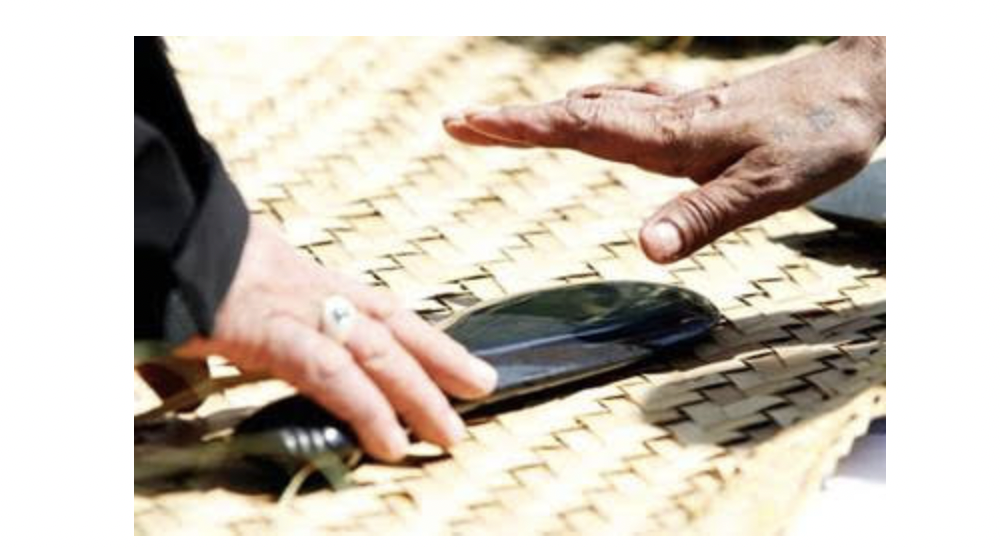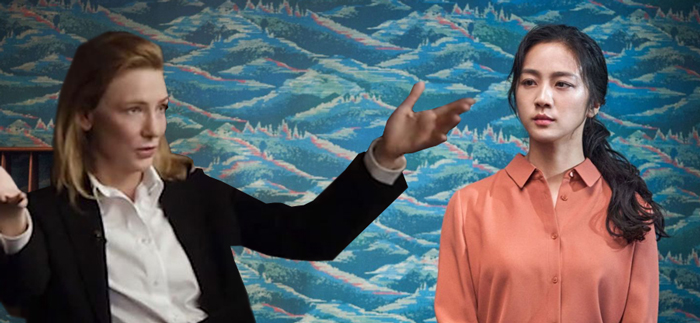Engage in co-governance – without debate.

CO-GOVERNANCE, and what it means for New Zealand, should feature prominently in next year’s general election. Passions are already running high on both sides of this issue. All the more reason, one might think, for public broadcasters in this country to facilitate reasoned debate between those with opposing views. Alas, in 2022, public radio network RNZ seems to have either forgotten how to conduct a reasoned debate or dismissed the whole idea.
On the morning of Wednesday May 11, 2022, RNZ contract producer Sharon Brettkelly began promoting her latest contribution to ‘The Detail’ podcast series. Entitled “Co-governance: time to get started?” Bretkelly’s article featured just two participants.
They were Chris Finlayson, former National Party Minister for Treaty Settlements, and Traci Houpapa, President of the Federation of Maori Authorities, both unquestionably qualified to speak on the topic of the podcast. Unfortunately, they were also strong proponents of co-governance. Brettkelly had not found it necessary to balance his journalism by including the opinions of equally strong and qualified opponents of co-governance.
Now, there will be those who immediately object that “balanced reporting” does not require that the arguments for and against a given proposition be included in the same broadcast. For balance to be maintained, it is sufficient that the points of view of the antagonists and the protagonists are presented to the public fairly, and with equal potential impact, in approximately the same time frame. As long as Brettkelly, or another RNZ contract producer, put together a podcast featuring two well-qualified and energetic opponents of co-governance, it would be fine.
Unfortunately, given the current ideological climate in which RNZ journalists are required to operate, the chances of such a podcast being made are extremely slim. Broadcasting such a production would be considered a breach of RNZ’s obligations under te Tiriti o Waitangi. It would also most likely be denounced by at least some RNZ employees as causing real harm to their own well-being and that of other New Zealanders.
After all, we have it on the authority of no less an expert than Chris Finlayson himself, that only the “sour right” and other “losers” oppose co-governance. What benefit could there be to providing a public platform from which the opinions of people who “don’t like tangata whenua” and who “dream of a world that never was and could never be ” are vomited?
As the title of Brettkelly’s podcast suggests, the question is not whether or not co-governance represents a fundamental, mandateless break from New Zealand’s constitutional norms; or even if it is a politically feasible goal; but whether or not it is time to continue the work. Or, to quote Finlayson, addressing those who might still harbor doubts: “Go with the flow.” Clearly, among the people Brettkelly and his ilk deem worthy of an RNZ platform, there is no debate about co-governance. Or, at least, no debate in which representatives of iwi, or the Crown, should allow themselves to get involved.
Listening to Brettkelly’s podcast, it becomes increasingly clear that “The Crown” is a player in the co-governance drama that deserves much closer scrutiny.
Most of us, when we hear someone talk about the Crown, rather naively assume (it turns out) that the term is being used to describe the government – the body that we as New Zealand citizens , elect to run the country on our behalf .
Fake, fake, fake!
When iwi representatives and cabinet ministers talk about the Crown, they have something else entirely on their minds. For these people, the Crown represents the permanent and supreme executive power. It encompasses all the decisive institutions of the New Zealand state: the Executive Council (aka the Cabinet); the upper echelons of the public service; the armed forces and the police; the national security apparatus; and – most important of all – the judiciary.
Why is this important? Because the Treaty of Waitangi was presented to the representatives of the indigenous peoples of these islands by a representative of the British Crown. It was a take it or leave it deal, which was offered to the Maori. Not by the British people who, in 1840, had a say in treaties negotiated by their superiors (and still have none), but by agents of the British state. Maori agreed to the deal precisely because at that time the British state was the most powerful executive authority on the planet.
What undermined the treaty was the steady devolution of authority from executive power in London and its local representative, the governor (kawanatanga) to the representative institutions of the Pakeha settlers – whose numbers had grown from a few thousand to something equal. equal to or greater than the native population.
In the eyes of these colonizing governments, the Treaty was not an agreement in which they had played a part, and certainly not a document which they had the slightest intention of honoring. In the early 1860s, they demanded from London – and got – the overwhelming military force they needed to extinguish the treaty and, with it, the very idea of co-governance.
The revival of the concept of co-governance cannot be attributed to the representative institutions of Pakeha, at least not in the sense that the plan was approved by a democratically elected parliament and then ratified by the citizens of New Zealand in a democratic referendum. Rather, it is the job of cabinet ministers and judges; of the New Zealand executive that slowly emerged to replace the tutelary power and influence of the British state. The force that is now called “The Crown”.
This is what lies behind the tangata whenua’s fear of representative democracy or, as they prefer to call it, “the tyranny of the majority”, and their preference for working with the Crown alone. They fully understand what most Pakeha have not yet understood: that representative democracy was the political instrument that ensured their dispossession. They know that New Zealand can have democracy or co-governance, but it cannot have both.
Fair enough. But how can the citizens of New Zealand explain the contempt and disdain in which The Crown so clearly holds them? Is it simply because the Crown knows that the steps necessary to maintain peace between Maori and Pakeha will never receive the imprimatur of a freely and fairly elected New Zealand Parliament? That only under a constitutional arrangement in which Iwi and the Crown exercise sufficient power between them to overrule the will of the “people (Pakeha)” can the instruments of peace be forged?
Is it simply because Iwi and The Crown know that co-governance will never be forged by free and fair debate, but only by them “getting into it”.



